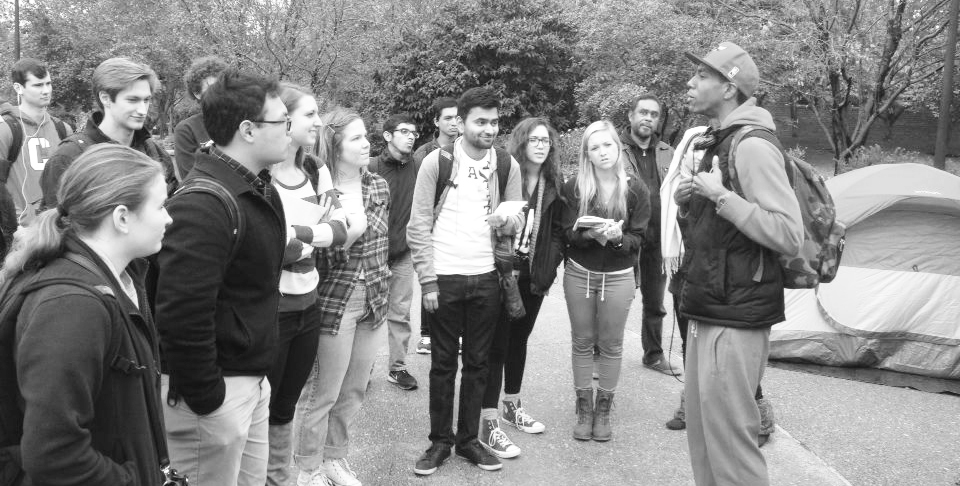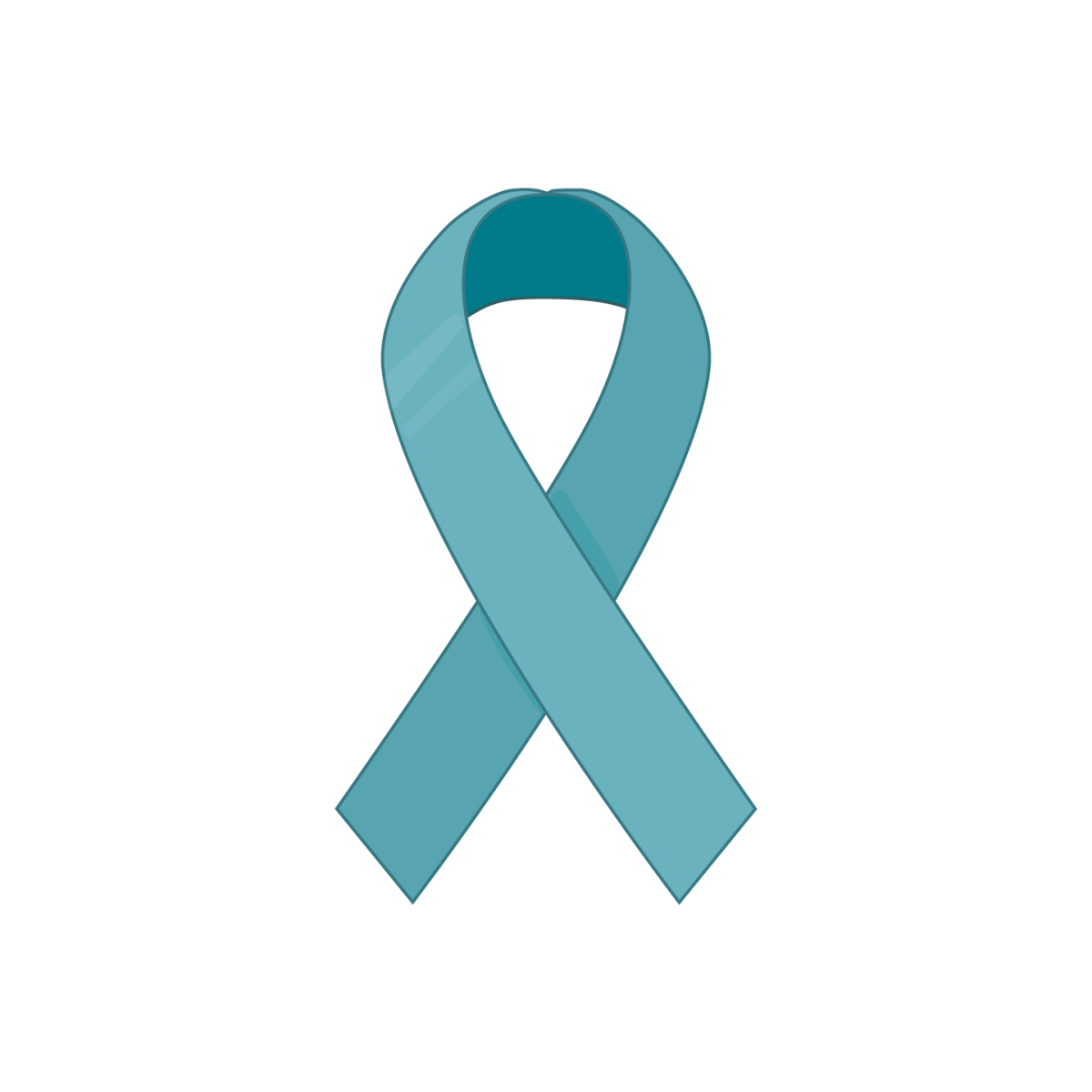“What did you have for breakfast this morning?” “You know, I honestly I can’t remember.”
This is a short conversation I often had with friends during my elementary school years. The answer was often the same “I don’t know,” no matter the question: What were you for Halloween? or What’d you get for Christmas? There was also the infamous question from parents, “What did you learn at school today?”
Of course, the implications to not remembering the answers were miniscule at that point. At worst, your parents would chide you, or your friends would ask someone else who happened to get an Xbox 360 for Christmas.
Now these fits of forgetfulness might mean a little more: What did that philosophy reading say again? How long ago did I buy that milk? or What the hell is that cute guy’s name? The risks now are getting a bad grade, getting sick or having McDreamy get away.
Again though, the dangers of not knowing are not truly dangerous. Although these situations affect you, you can still probably laugh them off and move on. What happens though, when you start forgetting about lives?
What happens to you when you forget the 2,100 plus people who lost their lives during the Israeli military’s latest rocket attacks and incursion into the Gaza Strip this past summer, or the 167 deaths in 2012 or even the 1,391 before that in 2008-2009?
Tell me, what happens when you forget about the thousands of undocumented children awaiting trial, who came to the U.S. seeking safety and reunification with their families?
What happens when you forget the names of Ezell Ford, Eric Garner, John Crawford, Michael Brown or Vonderrit Myers; the names of victims from police brutality over the past few months?
What happens when you forget the dialogues on topics such as privilege, police brutality and freedom of expression that were held at the clock tower in the midst of occupy SLU?
You know that answer, as well as I do. The answer is nothing. Literally, nothing will happen to you. I’m going to try to tell you why.
It is because these things do not really matter to us under most occasions. The deaths of the people of Gaza, or those at the hands of police are in some ways no different than those that died at Gettysburg 151 years ago. They are numerical figures of lives lost; they are important, but ultimately forgettable.
I’m not condemning your inability to remember. We all forget. I can’t remember how many lives were lost during the Cultural Revolution, and I study Chinese history.
I will remember the name Mike Brown, however. Through protests, impassioned debates and the occupation of our campus, I will not be forgetting his name and I will not forget why I participated and continue to participate in dialogues, protests and demonstrations. Action precipitated remembrance. I will remember because I connected with and befriended the people there. I must tell you, it is much more difficult to forget the people you care about than those that you do not.
It is a privilege to forget about topics that matter in the world. It is not an accident when philosopher Noam Chomsky says that more white men are concerned with sports statistics than anything else, other than their families and work. If a country cares more about the World Series or fantasy football than U.S. military involvement in Latin America, or about police brutality, it makes sense that people can rattle off the RBI of Stan Musial, but not remember Rodney King or history lessons on U.S. involvement in Central America.
Perhaps I’m expecting too much of SLU students when I tell them to stop putting so much of their time into the operations of organizations whose primary purpose is serving others, when I tell them to stop watching the Cardinal’s game or Netflix and come to a protest with me, when I tell them to wake up from fantasies and sedatives and to learn why people in Ferguson and St. Louis are still protesting, why violence in Central America will continue if we as Americans continue to ignore it and why Israel’s government will again choose rockets rather than reconciliation. My hope is that I’m not. My hope is that being Billikens makes us more empathetic.
So go out there with me. Try to see how I see. More importantly, try to see as they see. Their actions on the street are not fantasy. They occupy these spaces at great risk to themselves; the least we could do is listen.
It’s time to wake up, to get up, to breathe struggle, maybe for the first time, and to not forget why we are fighting.











